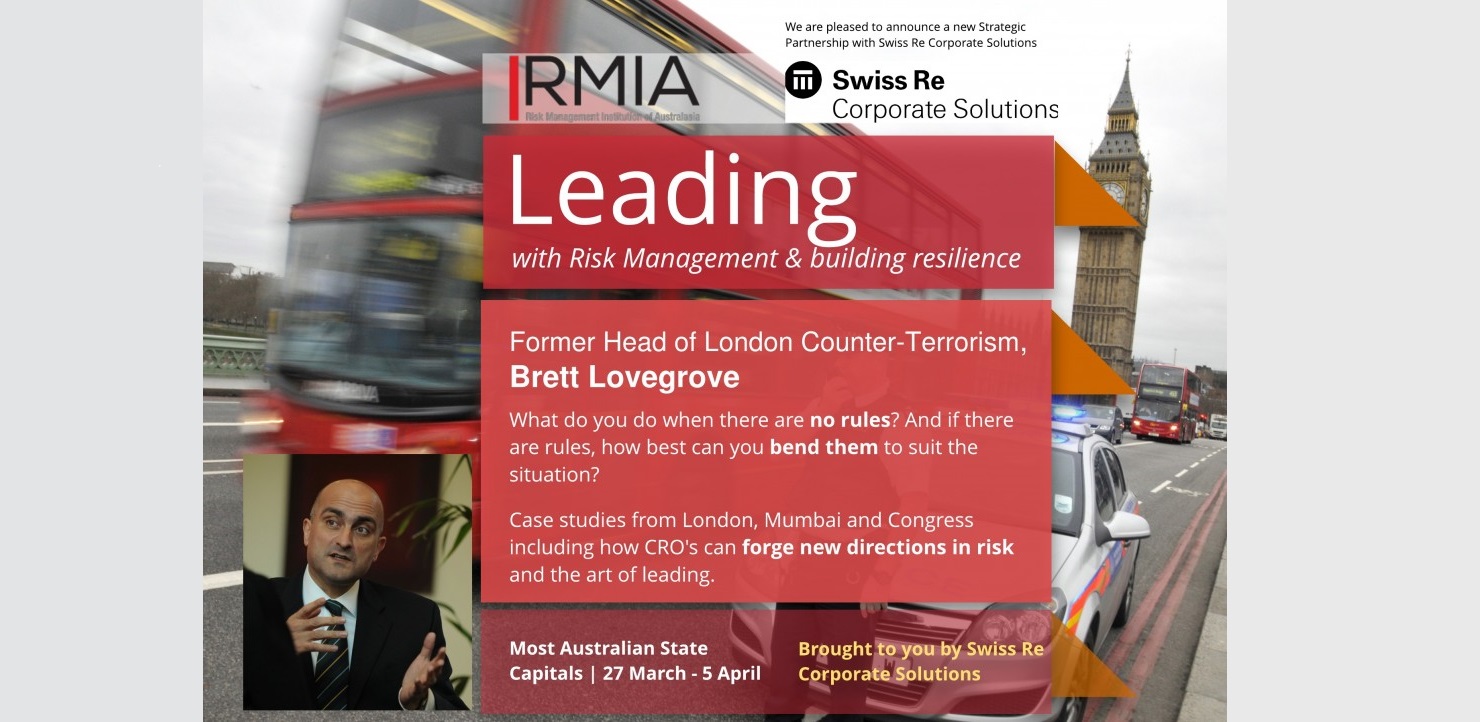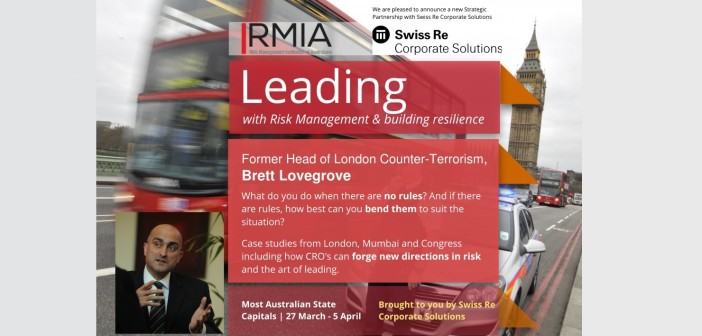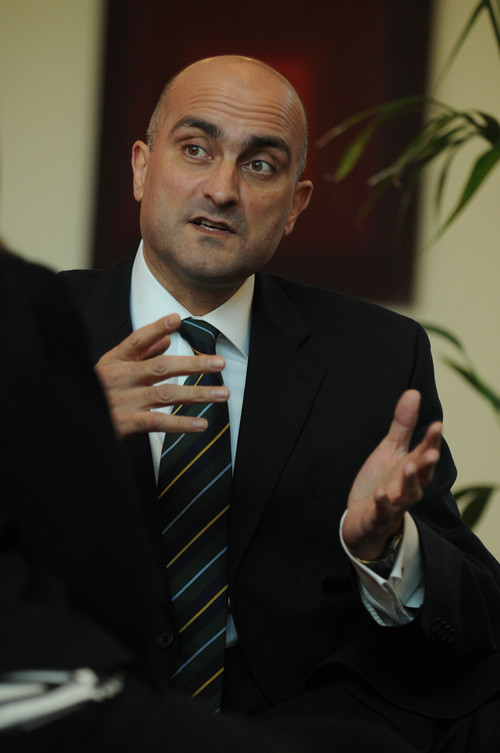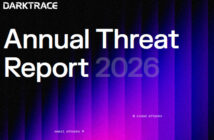
Brett Lovegrove, retired head of counter terrorism for City of London Police
KEYNOTE TOUR STARTS 27 March 2017
ASM READER DISCOUNT CODE: ASMMEM discount code will give readers the same price as RMIA members
What is your opinion on the current US Administration’s hard-line policy on immigration, and do you see this, potentially, exacerbating global tensions and raising the risk to Americans overseas?
The tensions will rise notably in different sectors. I think that the immediate signs of discontent will certainly play out where American interests are visible overseas and this does not necessarily mean just in countries where the Muslim faith is prominent. Increased targeting could include internationally based supply chains to US concerns as well as coalition providers. This policy plays into the negative narrative that Islamist groups transmit to more vulnerable groups and individuals that the West wishes to attack the Muslim faith.
Do you see risk perceptions, of the general public and for business, changing with the trending rise of populism and nationalism?
The perceptions have undoubtedly changed as a result of a number of regional decisions in the last couple of years. Brexit has been misinterpreted as a ‘green light’ to some right wing oriented individuals as a sign that their interpretation of nationalism is the right one. The media has reported an increase in right wing activism/politics as a result of the refugee crisis. These views are giving the impression to the wider public that markets are contracting back into their home states and an overall defensive posture is being adopted. This can be disconcerting to the wider pubic and creates uncertainty within the business and investment sectors.
 Would you consider the current situation in Mosel and likely demise of Islamic State control over the city being the catalyst of increased risk to Western countries and recruitment efforts from related groups such as Al Qaeda and other supporters and sympathisers.
Would you consider the current situation in Mosel and likely demise of Islamic State control over the city being the catalyst of increased risk to Western countries and recruitment efforts from related groups such as Al Qaeda and other supporters and sympathisers.
The successes in Syria will mean that Daesh will have to re-think their strategies. They know that self-deployed cells work and need little guidance or training or contact with the Daesh command. I think that we may be looking at increased attacks in urban areas as well as city centres and at the risk of seeming bleak, a resurgence in asymmetrical attacks in Syria on a smaller scale.
How do you see the convergence of physical security risk and cyber security risk impacting on the CRO role, as well as other C-Suite roles?
I think the impact will be a positive one. The development we may see on a more global scale is the accreditation of the CRO role and an internationally recognisable career path that must have physical, cyber, people, asset, information and technology security experience as standard.
What is your opinion on how resilience can be better imbedded into new and emerging technologies?
I am a mentor for new technological ‘start ups’ and the advancement of resilient technology increases so fast and I advise on this. Taking a step back to basics can be important, such as educating individuals and businesses to think twice about what information they record and where they store it. Most importantly, they should be protecting the most valuable part of their operation and investing heavily on protecting what could affect them the most if attacked.
There is a lot of innovation being applied to the concept of a Smart City, what would you consider to be the key aspects of a Smart City that would contribute towards the management of terrorism, crime and security risks?
Again, taking a step back to basics is important here. At an early stage, society must explain the benefits of smart city management and information collection to the wider population, the business, law enforcement and government sectors and reassure them about any impending ‘big brother’ misconception. If effort is put into this aspect at an early stage, information sharing and intelligence processes may be better understood and appreciated and more community intelligence about terrorism and crime may be more readily forthcoming.
Given your experience over the last 20 years in the security domain, what do you foresee into the future, in 2037 – how do you see the state of the world in a security risk context? Better, worse or the same? What current trends are likely to have the largest impacts on societal risk?
A difficult question to answer, but I do think that globally we need to understand that in addition to conflict based on differing faiths, there is a significant shift in sources of fuel, oil and gas provision. This will create power bases away from the traditional wealthy states that we see now and this loss of power may create an economical shift which may make them vulnerable to terrorist attack. Separately, as ‘rare earth’ and other non-renewable resources are used up, territories where they can be found may become more valuable and subject to dispute and conflict. This may spark an increase in the current refugee crisis for affected populations and for businesses trading in those regions.








